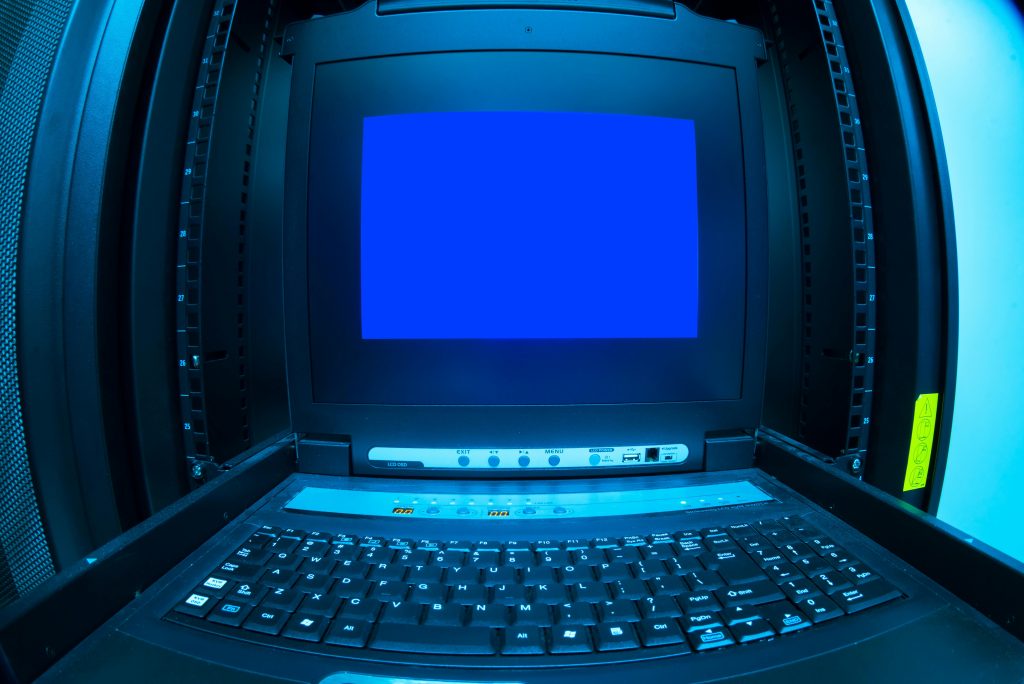Title: Resolving Extremely Low Microphone Volume After Switching Monitor Connection from Motherboard HDMI to Dedicated GPU HDMI
Introduction
Upgrading hardware components can significantly enhance your PC’s performance and visual experience. However, such changes sometimes lead to unexpected software or driver conflicts, resulting in audio issues or other peripheral malfunctions. Recently, I encountered a perplexing problem: after switching my monitor’s connection from the motherboard’s integrated HDMI port to the dedicated NVIDIA GPU HDMI port, my microphone’s input volume drastically diminished, becoming nearly inaudible despite being set to maximum levels in Windows 11. In this article, I will share the details of this issue and the steps I took to resolve it, providing insights for others facing similar challenges.
System Specifications
- Processor: Intel Core i7-10700 @ 2.90GHz
- RAM: 16 GB
- Storage: Samsung 870 QVO 2TB SSD + 466 GB SSD (WDC)
- Graphics Card: NVIDIA GeForce RTX 2060 (6 GB)
- Operating System: Windows 11 (64-bit)
- Microphone: LDMIC23
The Issue: Microphone Volume Drop After Hardware Reconnection
Initially, my PC was using the integrated graphics via the motherboard’s HDMI port. After fixing a performance issue related to my GPU setup, I switched my monitor connection from the motherboard’s HDMI to the dedicated NVIDIA GPU HDMI port. Following this change, I noticed that my microphone’s audio input was severely diminished—Windows reported only about 1% microphone volume, despite the microphone being at maximum input level.
Troubleshooting Steps Taken
-
Checked Microphone Settings in Windows
I confirmed that the microphone was enabled and set to the maximum volume in Windows Sound Settings and the Device Properties. -
Updated or Reinstalled Audio Drivers
I visited the motherboard’s and GPU manufacturer’s websites to download the latest audio and chipset drivers, then performed clean installations. -
Verified Default Recording Device
Ensured that the correct microphone was set as the default recording device within Windows. -
Explored the Device Manager
I inspected the Device Manager for any conflicts or disabled devices, updating drivers as needed. -
Tested Microphone in Different Applications
To rule out app-specific issues, I checked microphone input in multiple applications. -
Checked Microphone Hardware Compatibility
Ensured that the microphone hardware was functioning properly
Share this content:



